[2023-Spring] Digital Logic Design Laboratory
Course Information
| Course | Digital Logic Design Laboratory | Department | Computer Science and Engineering |
|---|---|---|---|
| Office Hours | (Tue) 16:00 ~ 18:30 | Course No. and Class | 36502-01 |
| Hours | 1.5 | Academic Credit | 1.0 |
| Professor | Yoon, Myung Kuk | Office | Jinseonmi-Gwan, 213 |
| Telephone | (82)-2-3277-3819 | myungkuk.yoon at ewha.ac.kr | |
| Value of Competence | Pursuit of Knowledge (80), Creative Convergence (20) | Keyword | Logic circuits, Combinational Logic, Sequential Logic |
| Class Time | (Thu) 11:00 ~ 12:15 | Class Room | ENGA124 |
Course Description
-
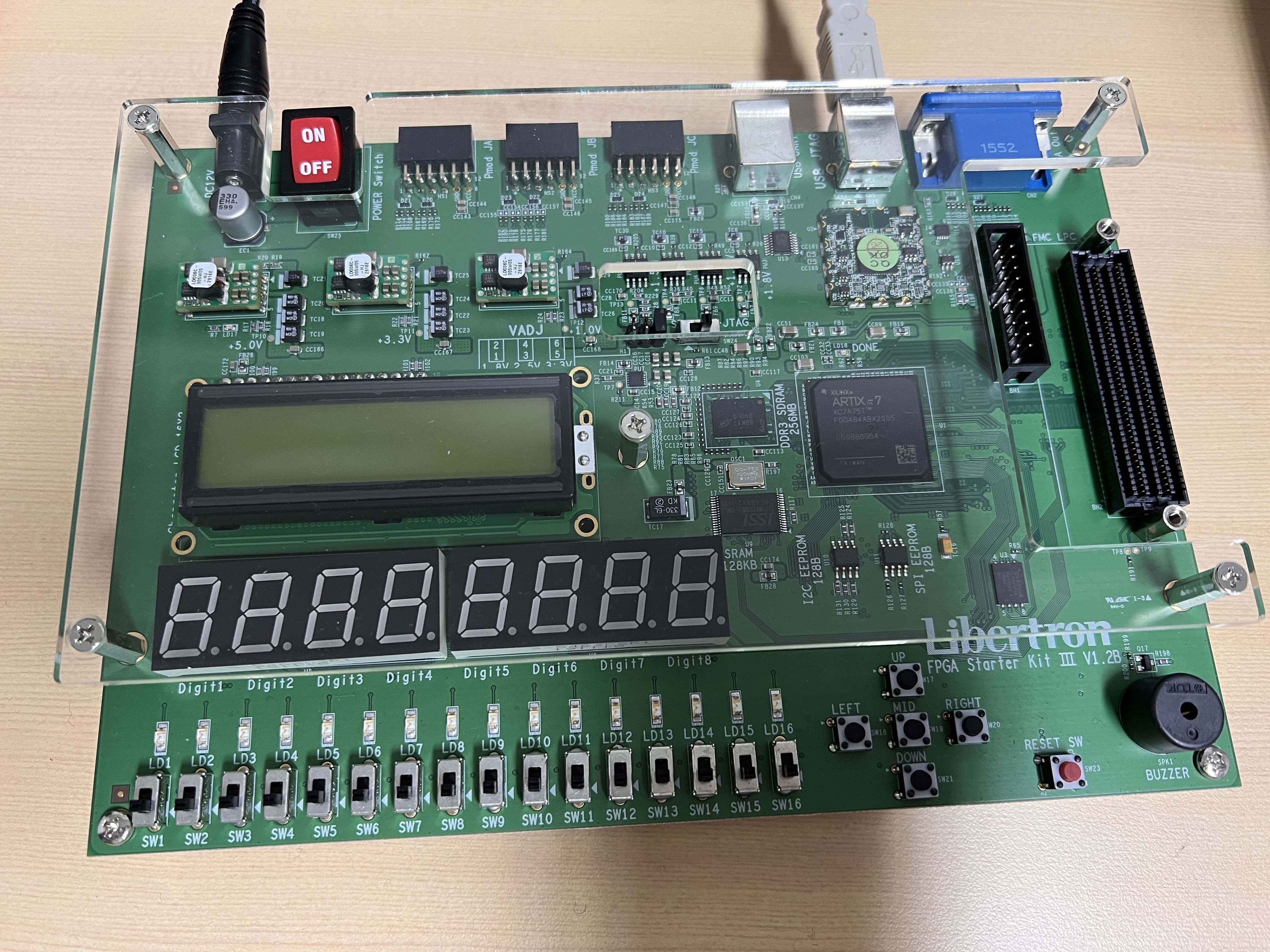
Digital (or Boolean) Logic is a system of rules that allow us to make complicated decisions based on simple YES/NO (1/0) questions. This is a laboratory course in which students will understand digital logic by creating various systems. In this class, students will use an FPGA board to create an encoder, decoder, adder, and more.
Prerequisites
NONE
Course Format
| Lecture | Discussion/Presentation | Experiment/Practicum | Field Study | Other |
|---|---|---|---|---|
| 10% | 0% | 90% | 0% | 0% |
Course Objectives
In this class, students will be introduced to:
- Boolean algebra for dealing with logic functions
- AND, OR, NOT, NAND and NOR gates
- Encoder and decoder
- Basic adder
- Multiplexers, flip-flops, and registers
- Hardware description languages (Verilog)
- And more if time permits
Evaluation System
Relative + Absolute Evaluation
| Midterm Exam | Final Exam | Quizzes | Presentations | Projects | Assignment | Participation | Other |
|---|---|---|---|---|---|---|---|
| 0% | 0% | 0% | 0% | 30% | 35% | 35% | 0% |
*Evaluation of group projects may include peer evaluations. Explain of evaluation system
- About 35% of students: A
- About 45% of students: B
- About 20% of students: C and below
Required Materials
The lecture notes will be posted on the course website.
* Lecture materials will be provided in English.Supplementary Materials
You do NOT need to buy all the books below. You just need one of the books!
-
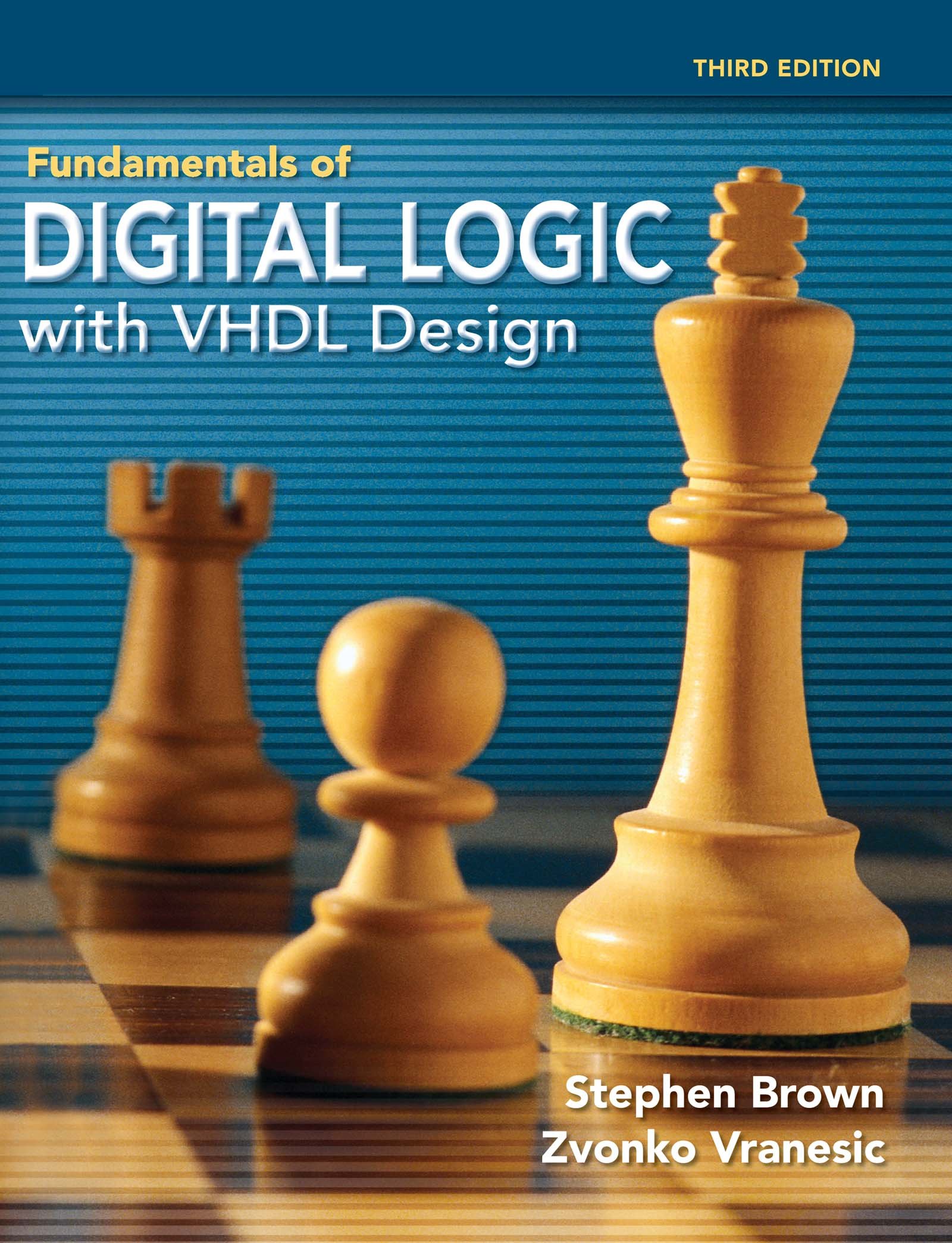
Fundamentals of Digital Logic with VHDL Design
Stephen Brown and Zvonko Vranesic Edition: Third (3E) ISBN-13: 978-0073529530 ISBN-10: 0073529532
-
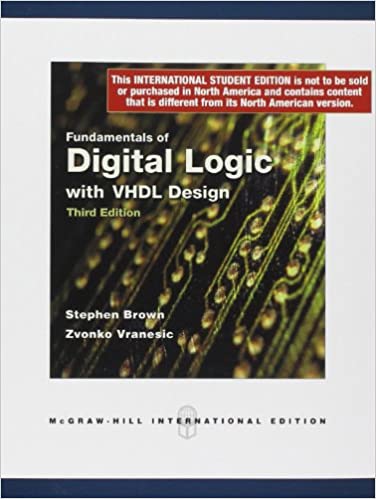
Fundamentals of Digital Logic with VHDL Design
Stephen Brown and Zvonko Vranesic Edition: Third (3E) + International ISBN-13: 978-0071268806
-
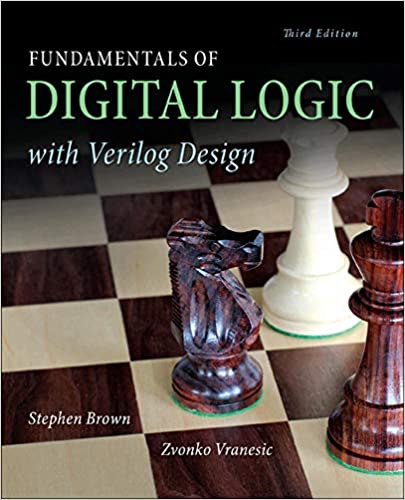
Fundamentals of Digital Logic with Verilog Design
Stephen Brown and Zvonko Vranesic Edition: Third (3E) ISBN-13: 978-0073380544 ISBN-10: 0073380547
-
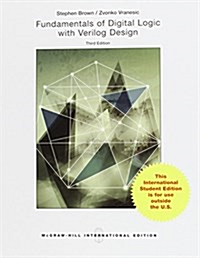
Fundamentals of Digital Logic with Verilog Design
Stephen Brown and Zvonko Vranesic Edition: Third (3E) + International ISBN-13: 978-1259072031
Optional Additional Readings
NONE
Course Contents
| Week | Date | Topics & Materials | Assignement & Quiz |
|---|---|---|---|
| Week #01 | 2023/03/02 (Thu) | Lecture #01: Introduction to experiment equipment | |
| Week #02 | 2023/03/09 (Thu) | ||
| Week #03 | 2023/03/16 (Thu) | Lecture #02: AND, OR, and NOT gates | |
| Week #04 | 2023/03/23 (Thu) | Lecture #03: NAND and NOR gates | |
| Week #05 | 2023/03/30 (Thu) | Lecture #04: Boolean function using logic gates with SOP and POS forms | |
| Week #06 | 2023/04/06 (Thu) | Lecture #05: Encoder | |
| Week #07 | 2023/04/13 (Thu) | Lecture #06: Decoder | |
| Week #08 | 2023/04/20 (Thu) | Lecture #07: Multiplexer | |
| Week #09 | 2023/04/27 (Thu) | Lecture #08: Demultiplexer | |
| Week #10 | 2023/05/04 (Thu) | Lecture #09: Half Adder & Full Adder | |
| Week #11 | 2023/05/11 (Thu) | Lecture #10: 7-Segment | |
| Week #12 | 2023/05/18 (Thu) | Lecture #11: Flip Flop | |
| Week #13 | 2023/05/25 (Thu) | Lecture #12: Counter | |
| Week #14 | 2023/06/01 (Thu) | Lecture #13~15: Final Project | |
| Week #15 | 2023/06/08 (Thu) | NO CLASS | |
| 2023/06/12 (Mon) | Lecture #13~15: Final Project | Makeup Class | |
| Week #16 | 2023/06/15 (Thu) |
Course Policies
*For laboratory courses, all students are required to complete lab safety training.
Special Accommodations
*According to the University regulation #57, students with disabilities can request special accommodation related to attendance, lectures, assignments, and/or tests by contacting the course professor at the beginning of semester. Based on the nature of the students’ requests, students can receive support for such accommodations from the course professor and/or from the Support Center for Students with Disabilities (SCSD).
Extra Information
The contents of this syllabus are not final—they may be updated.